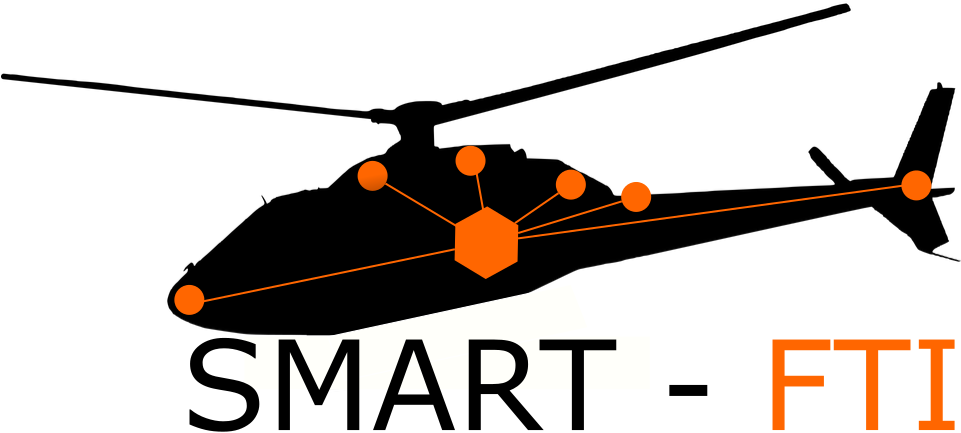Cleansky
Smart FTIWhat is
Cleansky Smart FTI?
SMART FTI is a project for the development of innovative smart flight test instrumentation with decentralized data acquisition nodes. It is a project funded by the European Union within the Cleansky 2 Joint Undertaking.

Every aircraft moving through the air needs to counter the aerodynamic drag. This requires fuel consumption. The target in every aircraft development should be to reduce aerodynamic drag, therefore fuel consumption and CO2-emissions. How is that achieved? During the development phase, simulations are performed to optimize the geometry and aerodynamics. However, these simulations are just mathematically approached models of the reality: based on assumptions and require simplifications of the real world. Therefore, measurements of aerodynamics during the flight with Flight Test Instrumentation (FTI) is required.
Flight Testing costs make up to 8% of total development costs for aircrafts. State of the art in flight testing are aerodynamic measurement probes distributed over the aircraft, which are connected via pneumatic tubing with a data acquisition system. This is a labor- and time- intensive approach, as the tubing needs to be laid and secured on the aircraft, possibly influencing the measured flow.
The Smart FTI consortium wants to revolutionize the approach: measurement systems are produced with additive manufacturing, which allows for weight optimization and design freedom for minimalized aerodynamic impact. Decentralized, small data acquisition systems are directly integrated into the FTI modules. Only a single Ethernet-Cable is exiting the modules and no extensive laying pneumatic tubing is required.
With this approach, the Smart FTI modules are attached on the aircraft in a fast and flexible way. The extended FTI assembly time is rendered a relic of the past and the created availability on a development aircraft can be used for further flight testing and data acquisition.
To show the viability of this approach, the newly developed “RACER”-prototype by Airbus Helicopters will be fitted with the new FTI to show the capability in-flight.
An integrated solution of data acquisition and measurement probes can lead to more intensive flight testing. It is expected that with more experimental data on the aerodynamic flow a deeper understanding in aerodynamic effects can be generated. This will enable the possibilities for further aerodynamic optimization which will lead to an overall reduction in fuel consumption. This correlates to reduced CO2-emissions, which is critical with regards to a continuous growth of the aviation market.
Further, it can be expected that the emerging air taxi market will benefit greatly from enhanced flight-testing capabilities. This will lead to cost reduction in operations, therefore enabling access of a broader mass to air taxi transportation.




